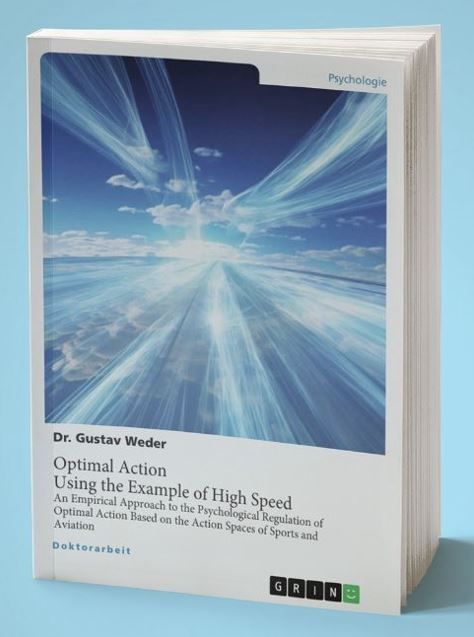Dr. Gustav Weder's interests in scientific research focus on the following three topics:
1 Organizational Leadership Development - leading an organization
This topic focuses on the following questions: How can an organization achieve a high quality and sustainability of its leadership, ensure the alignment of its leaders with strategy implementation, manage the timely individual development of its leaders, and develop and consistently leverage leadership quality for competitive advantage?
During his work as a management consultant, he wrote the following article, among others.
Article Neue Züricher Zeitung, special supplement leadership (German:) "Was tun, wenn Kennzahlen weh tun?", 28. November 2003
2 Individual leadership development - leading self and leading others
These topics focus on the following questions: How can an individual acquire outstanding expertise in a specific area of activity and maintain this level over time? How can a group of individuals implement a common concern quickly and sustainably?
During his work as a management consultant, he wrote the following article, among others.
Article Swiss Employer (German):
"Führungsmannschaften sind die Basis für den nachhaltigen Unternehmenserfolg", 1. April 2003
3 Optimal action - using the example of high speed
This topic focuses on the following question: How can an individual act optimally in a field with high speed over a long period of time?
He investigated this and similar questions in the context of his doctoral studies. In order to obtain meaningful data, experts from the fields of sports and aviation were interviewed qualitatively and their statements were systematized.
Increased speed leads to a reduction of time available to a person for a particular action. This has the effect that the demands on the psychological regulation of this action are increased and thus the person-environment-interaction is intensified. Gustav Weder's doctoral thesis deals with precisely this question of the optimal action using the example of high speed, which is discussed on the basis of practical experience reports from aviation and sport, reflected on with theoretical approaches from various disciplines and presented in process models.
The topic is of interest both for the situations studied and for everyday situations. The author wants to encourage his readers to relate the empirical results to individual and collective issues in everyday economic or societal life that result in increased speed and thus stress.
The complete thesis has been published by GRIN Verlag in Munich in English and German language. For more information click on the picture of the book.
During the data collection process of his doctoral studies, interviews with speed sport experts were conducted, which may be of interest to a wider, less scientifically interested audience. Such field reports have been published in the "Journal of Excellence", University of Ottawa in Canada:
"Interview with a F1 Racing Car Driver", 2008
"Interview with a Speed Skier", 2009
"Interview with a Bobsled Pilot", 2010
